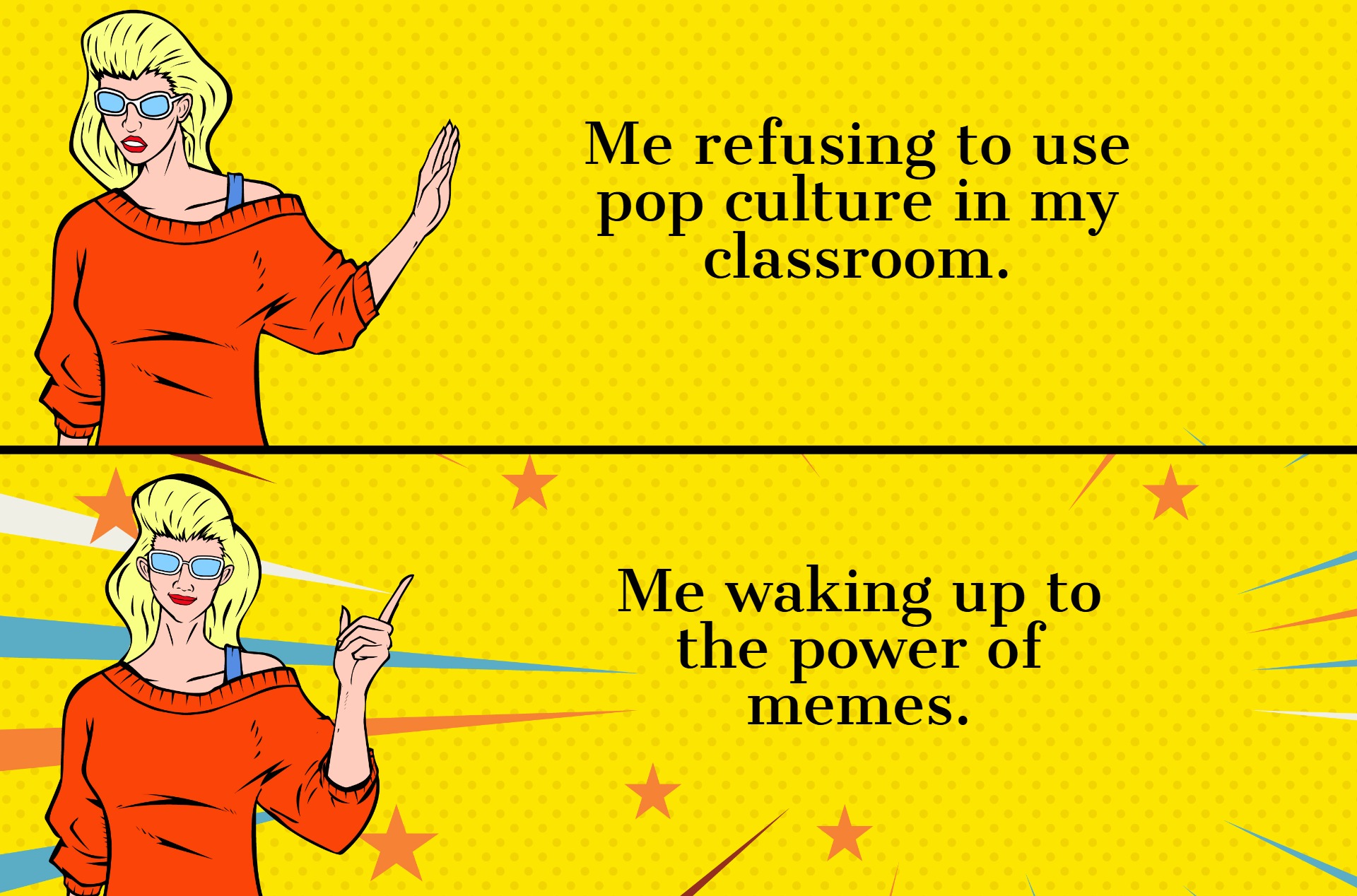Empowering the other 80%: changing graduate student career outlooks through mentorship programs
Universities need to offer more opportunities and resources to the 80 per cent of graduate students who will not end up as tenure track professors.

I find it troubling that an overwhelming majority of graduate students don’t know where their PhD is going to lead them. Simply asking, “when will you be finished?” or “what do you want to do after your PhD?” can be viewed as taboo. With tenure track position availability on the decline, and less than 20 per cent of PhDs finding professorship positions, I have to ask, why aren’t we training more PhD students for careers outside of academia? After all, scientific advancements and other societal changes depend on more than just the research done in academic institutions.
When I started in academia, I thought a professorship role might be in the cards for me. I’ve always loved staying up to date on hot research topics within and surrounding my field, as well as critically analyzing data and comparing it with other dogmas. Yet the more time passed during my PhD, the more I met like-minded individuals who initially thought an academic career was for them, but then quickly became disillusioned by the process and culture.
By listening to other graduate students’ experiences, I’ve learned there are many disliked aspects of academia, including the occasionally authoritarian relationship of students and professors, as well as the disinterest of many academics toward challenging the institutional status quo. I believe the latter alone contributes to the pervasive view that academic success is the only form of real success. I’ve attended many seminars where principal investigators introduced research done in their lab by someone who had “sold their soul” to leave academia. These aggressions can lead to a group of ambitious, highly educated individuals either blindly following an academic career path or left struggling to identify alternative career options.
In the fall of 2020, I participated in the Canadian Biomaterials Society Mentorship and Professional Development Program, and started to see what was missing from my PhD program. Here I received over 40 hours of professional development courses, and learned the necessary skills to keep myself afloat outside of graduate school. I learned how to get comfortable with networking and setting up informational interviews, as well as adapting my academic CV for industry. I learned strategies for improving my visibility on LinkedIn, how to answer interview questions and how to negotiate salary expectations. This exposed me to the numerous facets of securing a job, and demonstrated the degree of difficulty involved. The necessary skills and networks cannot be built overnight or with a Google search; they are fostered through personal reflection and goal-oriented understanding.
For me, learning to conduct informational interviews was the most influential part of the program. In reaching out to people I knew or strangers I’d found on LinkedIn, I solidified brief connections, expanded my network and felt like I had collected insider information on a long list of jobs I thought I’d be interested in. Unfortunately, most academic supervisors have limited experience searching for jobs outside of academia, and therefore struggle to offer insight on the topic.
The program also connected each student with a professional mentor from outside of academia. I had the pleasure of taking part in recurring one-on-one sessions with a mentor who encouraged me and offered well-advised opinions. The mentorship was tailored to my needs. It enabled personal and honest feedback, as well as support in identifying career paths that aligned with my personal interests and economic demand. Because the program explored the breadth of various careers and challenges associated with identifying and securing positions, it often prepared me with appropriate questions or concerns to bring to my mentor. Without the program, this somewhat structured and personalized mentoring would have been difficult to find. From my experience, alumni networks remain underutilized and fail to offer the same structure to facilitate mentor-mentee interactions. Likewise, university career counselling offices often do not have the people-power to cover the nuances specific to linking individual PhDs to roles outside of academia.
While I’m not yet employed, I feel like my toolbox finally has what I need to take the next steps. Unlike so many of my friends and colleagues in graduate school who have expressed a feeling of floundering at the end of their PhD, as a result of this program I am excited and empowered to take control of my future. I met a group of like-minded, hard-working and motivated individuals who I hope to remain connected to both professionally and personally moving forward. I hope to remain connected with my mentor, who has consistently provided constructive feedback and support and eventually, when I’ve begun my own career, to fill similar shoes for another graduate student.
I believe that moving forward, academic institutions must acknowledge and educate graduate students on alternative career paths, shedding a more favourable light on the different avenues of scientific advancement. Given that research-based PhD programs are largely structureless and focused heavily on individual research success, it might be time to start offering professional development and mentorship programs more suitable to careers outside of academia. By partnering with professional development programs or organizations connecting talented academics with the outside world, universities could empower the other 80 per cent of graduate students who will not end up as tenure track professors. After all, these new graduates are still the next generation of scientific leaders, regardless of whether they have a role in traditional academia. Together this can strengthen the research community, without limiting it to the walls of academic institutions.
Gabrielle Brewer is a PhD student at the Rosalind & Morris Goodman Cancer Institute at McGill University.
Featured Jobs
- Business – Lecturer or Assistant Professor, 2-year term (Strategic Management) McMaster University
- Veterinary Medicine - Faculty Position (Large Animal Internal Medicine) University of Saskatchewan
- Canada Excellence Research Chair in Computational Social Science, AI, and Democracy (Associate or Full Professor)McGill University
- Psychology - Assistant Professor (Speech-Language Pathology)University of Victoria














Post a comment
University Affairs moderates all comments according to the following guidelines. If approved, comments generally appear within one business day. We may republish particularly insightful remarks in our print edition or elsewhere.
3 Comments
Very refreshing to see this perspective from a researcher exploring non-academic career paths. I hope more institutions will expand career services and mentorship programs rather than expecting supervisors to advise students on career paths they are not familiar with!
Great article from the perspective of a graduate student. Indeed, more and more universities across Canada are embedding professional development as an integral part of graduate education to better prepare graduates for careers in academia and beyond.
Great article. I like your comment about being in control of your destiny. So many graduate students are not and that is a wellspring of all the anxiety and depression they are experiencing. Remember that a mentor is a person who acclimates you into their profession. While you are getting great advice from your new mentor, you may need to move on to someone new as your career aspirations solidify.